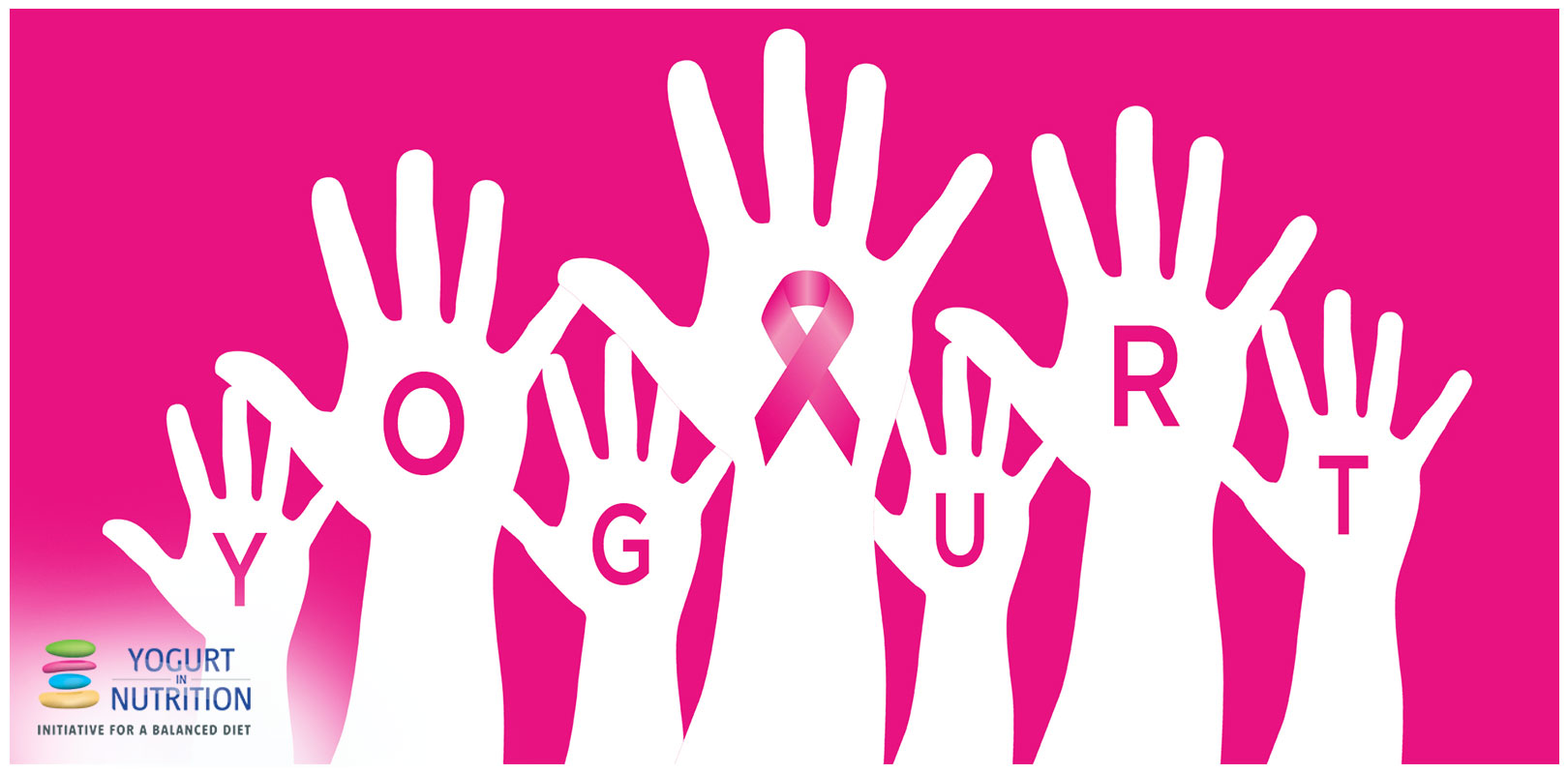Looking at Specific Dairy Foods Effects
Dairy products have been studied for their effect on breast cancer risk. Some recent studies have shown that women with a high intake of dairy products have a lower risk of breast cancer. In this study, investigators used the data from 1.941 women diagnosed with breast cancer and participating in the Roswell Park Cancer Institute Databank and BioRepository, which gathers and stores medical information and blood samples from cancer patients and healthy individuals. Their objective was to evaluate specific dairy food effects on cancer within a sample of 1.237 control participants. Food dairy was separated into total dairy, milk, yogurt, low-fat cheese, other cheeses, and sweet dairy.
Inverse Association Between Yogurt and Breast Cancer Risk
After taking into account several confounding factors (age, race, BMI, menopausal status, energy intake…), authors found a non-significant 15 % reduction in breast cancer with total dairy intakes. The inverse association between total dairy food intake and breast cancer appears to be mainly attributable to higher yogurt consumption. Therefore, the researchers suggest that higher yogurt consumption may be favourably impacting immune function and subsequent cancer risk. However, higher intake of creamy cheese was associated with a marginally significant increased risk.
If Yogurt Protects, Milk Does Not
Associations with dairy foods were mixed, when stratified by estrogen receptor status, and in general reflected those of overall breast cancer. However, we observed positive associations between milk intake and risk of ER-breast cancer (+ 58%). Specific dairy foods may thus contribute to breast cancer risk in women, although risk varies by sources of dairy. The authors called for further studies to warrant the protective potential of yogurt in cancer.
To learn more, read the original article.



